In 2021, we got to go to some of the most amazing places, many of which would have been off limits had we not had advance reservations. So, I started planning and making reservations for 2022 in August of 2021.
Over the past few weeks, I've completed our year's itinerary and, like last year, am sharing it here.
4 Reasons Why We Plan Our Year In Advance
- We both work full time and require an internet connection to do our jobs. We have a pretty good system in place, but we have to know in advance that we are traveling to an area with a strong cell signal and reasonable upload and download speeds.
- Our RV is a large 43 foot 5th wheel. Many campgrounds and RV parks simply can't accommodate larger RVs. We like knowing in advance that we will be able to get to our destination and that once we arrive, there will be room for us.
- RVing and camping are super popular activities at the moment. If you wait too long to reserve a space in any given destination, there's a good chance everything will be booked.
- The planning process takes a considerable amount of time. I prefer to do it all at once and then just relax and enjoy the year.
Check out this article about RV Trip Planning for more about our travel planning process including tips and some of the RV trip planning tools we find helpful.

+ Subscribe to my newsletter for new and exclusive recipes in your in-box every month! As a full time traveler, living, working, cooking, and baking from a 5th wheel RV, it's also where I share our experiences of life on the road.
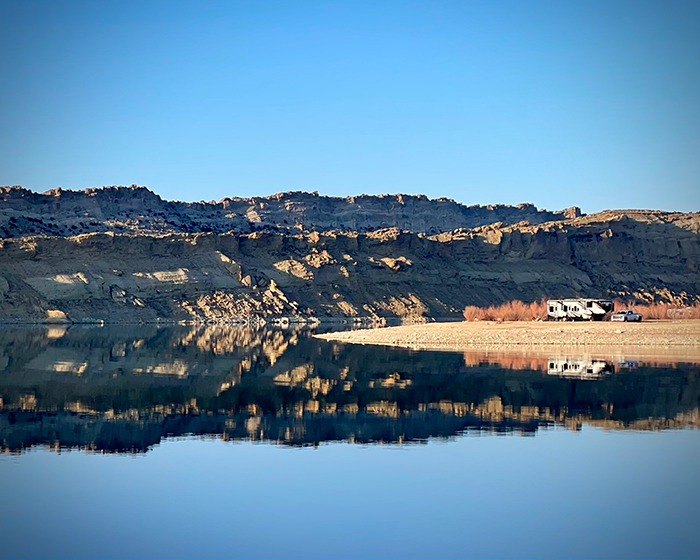
January and February
After spending the holiday season with our family in Colorado, we are trading in the snow for some Southern California sunshine.
- January 9 - 22: Desert Hot Springs, CA (In the Coachella Vally, Near Palm Springs)
- January 22 - March 5: San Diego, CA
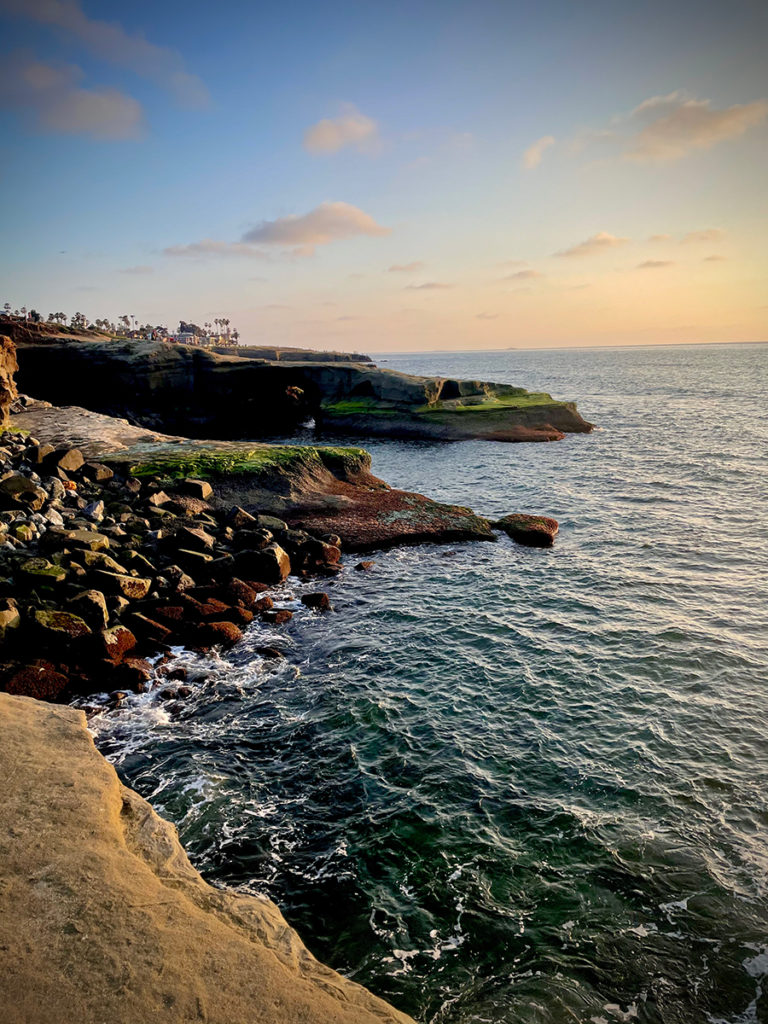
March
- We are spending the month of March boondocking in Arizona, in and around Ironwood National Monument and the expanse of wide open space near the Utah border. (What's boondocking? See the FAQ's below.)
April
- We'll spend the first two weeks of April on Antelope Island, a peninsula on the Great Salt Lake in Utah, then head east to the Flaming Gorge near Ashley National Forest. We visited both of these amazing places last year and can't wait to return.
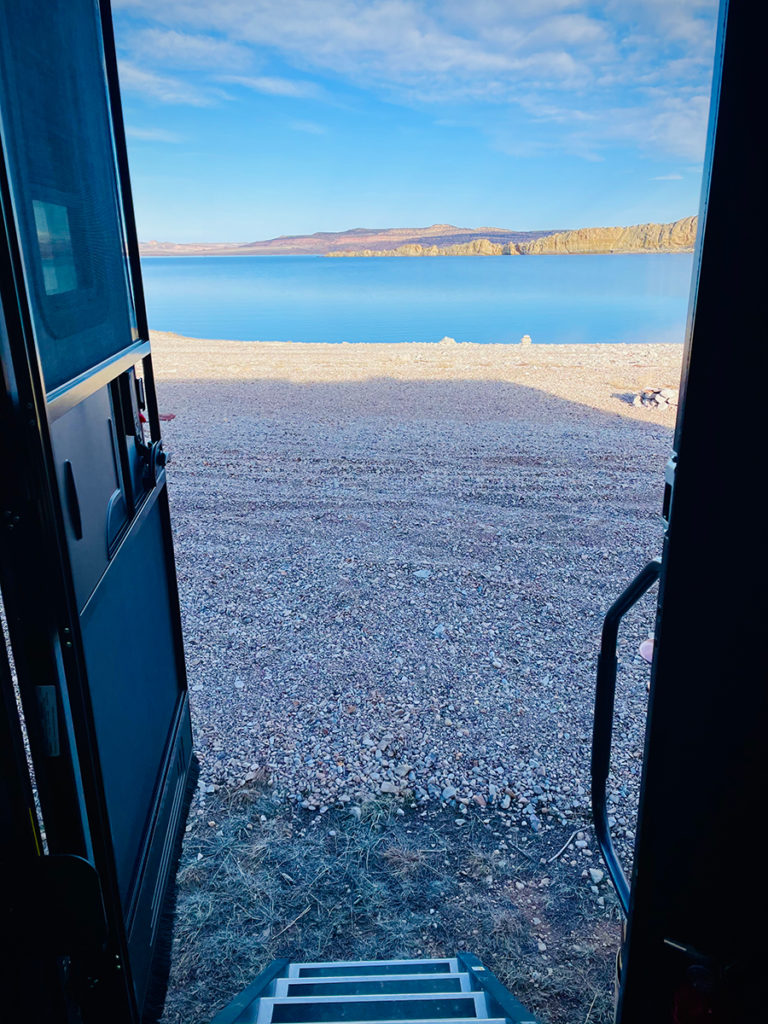
May
- We'll head back to Colorado in May for graduations, birthdays, Mother's Day, and other family events we don't want to miss.
June
June kicks off a 4 month stretch in the Great Lakes area, primarily in areas of Michigan and Wisconsin.
- June 7 - 18: Indiana Dunes, a state park near Chicago
- June 18 - July 2: Muskegon, MI
July
- We'll spend the whole month of July in Michigan's Upper Peninsula, not far from Mackinac Island, exploring areas around Lake Michigan, Lake Huron, and Lake Superior.
August and September
- July 30 - August 13: Chequamegon National Forest, WI
- Augst 13 - September 3: Wild Rose, WI
- September 3 - 24: Door County, WI
October
- We'll spend the month of October in North Carolina, near The Great Smoky Mountains and the southern entrance to the Blue Ridge Parkway. We rode the length of the Blue Ridge Parkway on our motorcycle several years ago in July. This year we plan to take a week to ride it again, in the hopes that we'll get to enjoy the changing leaves.
November and December
- November 6 - 19: St. Louis, MO
- November 20 - January 7: Colorado
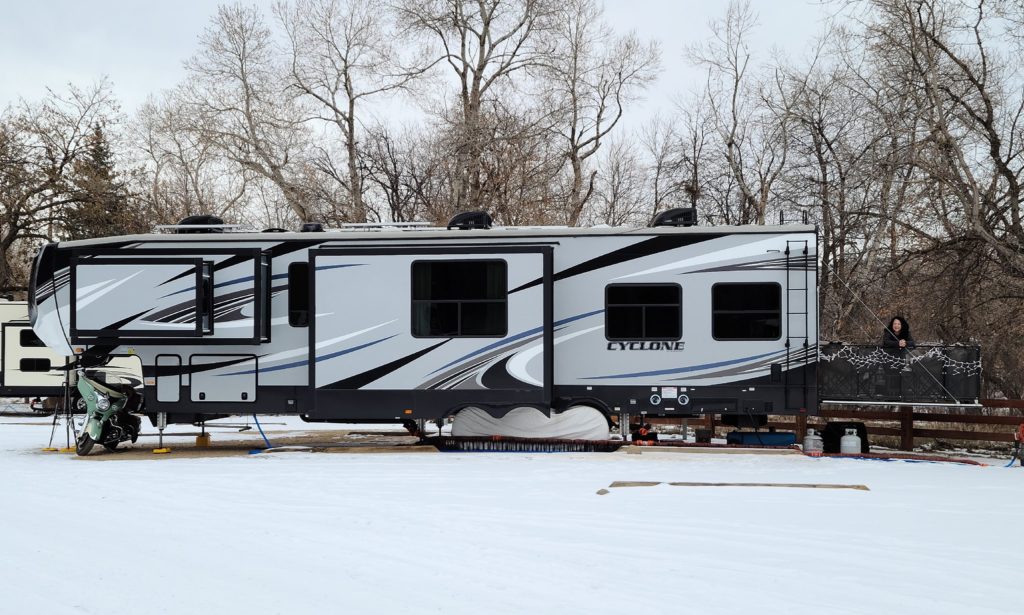
FAQs about Full Time RV Travel
A: Boondocking refers to camping on land without a developed campground, generally on BLM (Bureau of Land Management) land. Boondocking sites are generally first-come-first-serve and do not contain any accomodations.
With a few exceptions, it's almost always free to camp on BLM land, but there are a few rules that it's important to adhere to. Check out this page on blm.gov for a complete list of rules and regulations.
A: When planning our travel schedule, I rely heavily on Campendium.
Campendium is a user-reviewed website with information about campgrounds and RV parks everywhere. Fellow campers offer information about road conditions, quality of the sites and the area as a whole, amenities, cost, internet and cell signal strength, and anything else that might be useful to other campers.
A: We rely on a service provided by Dakota Post. Amongst other things, Dakota post provides us with a physical address and collects our mail for us. We are able to view our mail online and can choose to have the folks at Dakota Post forward it to us or shred it.
A: Yes! My work as a recipe developer and food photographer has not been diminished at all as a result of full time RV life. My RV kitchen is much smaller, but I've found that having a large kitchen is not at all necessary to cooking, baking and recipe development. In fact, we've entertained groups of up to 30 people with food cooked in my tiny little kitchen.
Having said that, this year, I plan to publish a series of recipes that are specific to camping, full-time travel, and cooking in a small kitchen. You'll be able to find those recipes from our Full Time RV Living page.
If you're interested in baking, check out my other recipe blog - ofbatteranddough.com.
A: We both work full time and require an internet connection to do our jobs. We have a pretty good system in place that includes a signal booster and high data plans for AT&T, T-Mobile, and Verizon, so as long as there's a signal with reasonable upload and download speeds for one of those networks, we're good.
Does having plans with three networks mean our monthly cellular bill is high? Why, yes it does. 😊 But, we don't mind. For now at least, that's just the cost of living and working on the road.

+ Subscribe to my newsletter for new and exclusive recipes in your in-box every month! As a full time traveler, living, working, cooking, and baking from a 5th wheel RV, it's also where I share our experiences of life on the road.

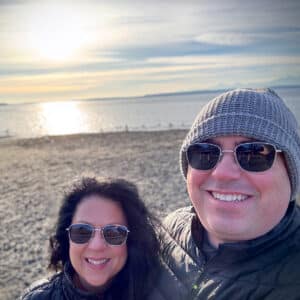
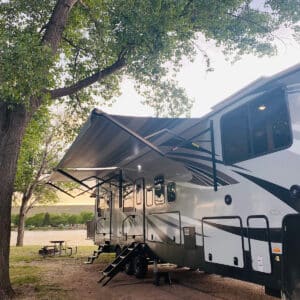
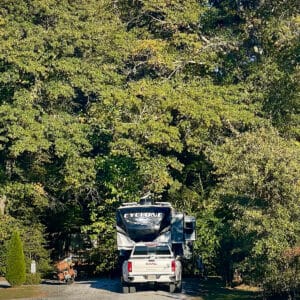
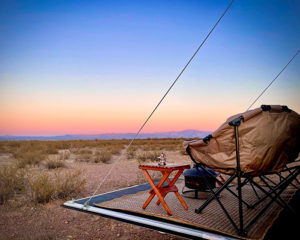
Bob Crump says
Riverside RV Park in Riggins, ID. Toured your website and noticed that you require cell phone or wifi service. A Verizon tower is straight across the river from Site #1 and we have great wifi. Listed below are events or activities during your stay in 2023.
1. Fish for Spring Chinook Salmon either from the bank, jet boat or drift boat
2. Tour the Snake River in a jet boat
3. Attend the Rattle the Canyon event on June 24th (only able to purchase tickets online)
4. Whitewater rafting
5. Tour the Salmon fish hatchery at Rapid River
6. Visit chamber website at: hhtps://rigginsidaho.com or for outfitters and other things to do
RebeccaBlackwell says
Hi Bob! Thank you so much for all the great information! We are looking forward to staying at your park in 2023!
Lnda Inness says
I love your lifestyle! I live just on the other side of the Smokies in Tennessee. You picked a beautiful month to enjoy the mountains and the fall colors. I was in Cades Cove and hiked Clingman's Dome in October.Just beautiful.
RebeccaBlackwell says
Hi there! You live in a beautiful part of the country! We have really enjoyed our time here. It's been amazing to see the full spectrum of color as the leaves changed throughout October. We also hiked Clingman's Dome in October! We made the mistake of going on a Saturday so it was quite busy. But it was still incredible and we're so glad we had the chance to see it! Thanks so much for reaching out and leaving a comment for me! Please drop by anytime. 🙂 xo
Lisa Keys says
You are amazing! Let me know if ever in PA!
RebeccaBlackwell says
Awwwww, thank you Lisa! There's a really good chance we'll be in PA at some point in 2023. I'll let you know! xo